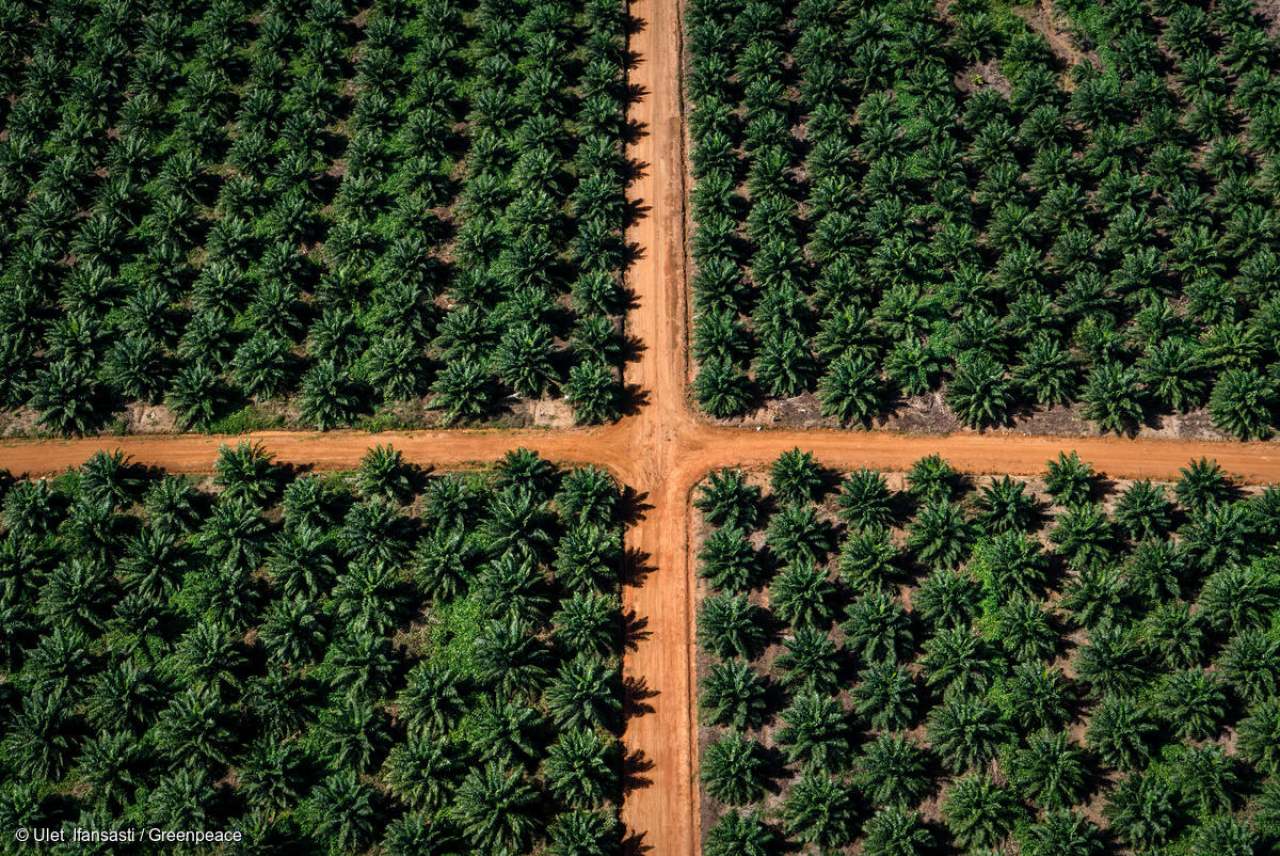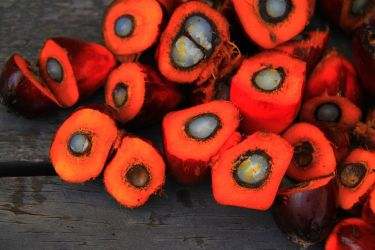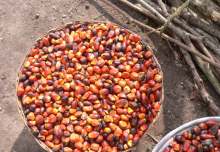The RSPO is the world’s largest and most recognisable palm oil standard. It has over 5,000 members worldwide, claims to certify 19% of the world’s palm oil and is favoured by brands such as PepsiCo, Cargill and Nestle.
However, the scheme is accused of everything from certifying plantations involved in child labour to enabling corporate greenwash. We run through the main criticisms below.
1. It does not adequately audit companies.
Auditing is an important way for certification schemes to check whether companies they are working with are living up to the required standards. Auditing can take many shapes, from unannounced factory visits to interviews with workers.
The RSPO has been accused of failing to adequately audit members to ensure they aren’t breaking the RSPO standards, leading Greenpeace in 2019 to call it “about as much use as a chocolate teapot.”
Greenpeace’s 2018 report The Final Countdown provided examples of RSPO members that had allegedly violated its standards, including Genting Plantations. The company faced accusations that an orangutan was killed on site, and three of its subsidiaries were accused of illegally operating and planting palm in Productive Forest areas. In response, Ferrero and Mars said they would take action to remove Genting from their supply chains.
In response to a formal complaint filed by the NGO Borneo Orangutan Survival Foundation (BOS) in 2018, the RSPO introduced remedial steps for Genting in relation to the killing of the orangutan, and stated that the Genting subsidiaries involved in illegal land clearing had ceased to do so since they were taken over by Genting.
In 2020, another report by the group Transnational Palm Oil Labour Solidarity (TPOLS) claimed that five RSPO-certified oil plantations in Indonesia were involved in rampant labour abuses, such as paying under minimum wage, exposing workers to hazardous chemicals, and suppression of unions. According to TPOLS, they had managed to connect Nestle to these plantations, as it allegedly sourced some of its palm oil from mills that buy palm fruit from them.
According to a 2018 Profundo report, commissioned by Friends of the Earth, RSPO certified plantations had also been involved in forced labour, child labour and discrimination towards women, and were involved in land conflict with local communities.
Profundo said the RSPO “failed to conduct proper monitoring and implement sanctions with members that commit violations”. It added that its “auditors are fundamentally failing to identify and mitigate unsustainable practices by oil palm firms.”
Amnesty International called the RSPO assessment system “not credible”, and said monitoring of its criteria (especially regarding labour issues) was “extremely weak and based on a superficial assessment system”.









